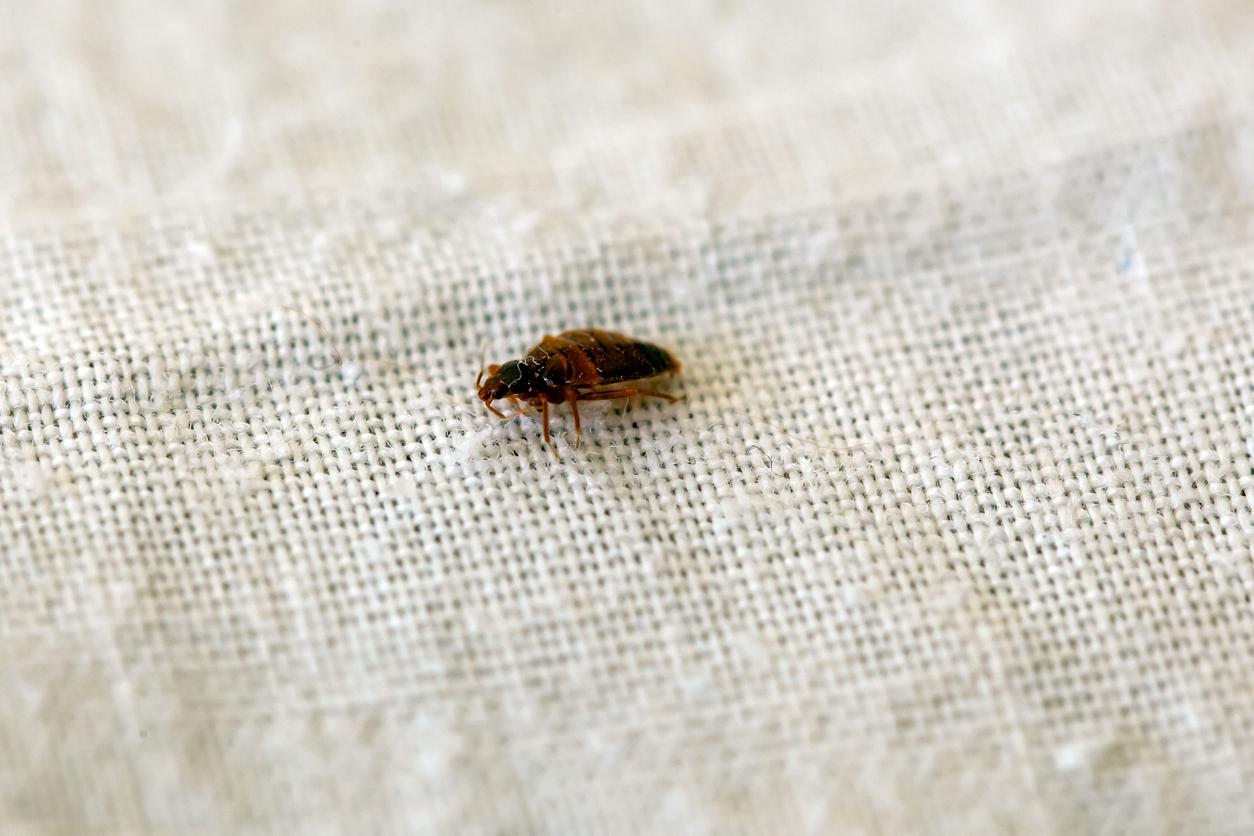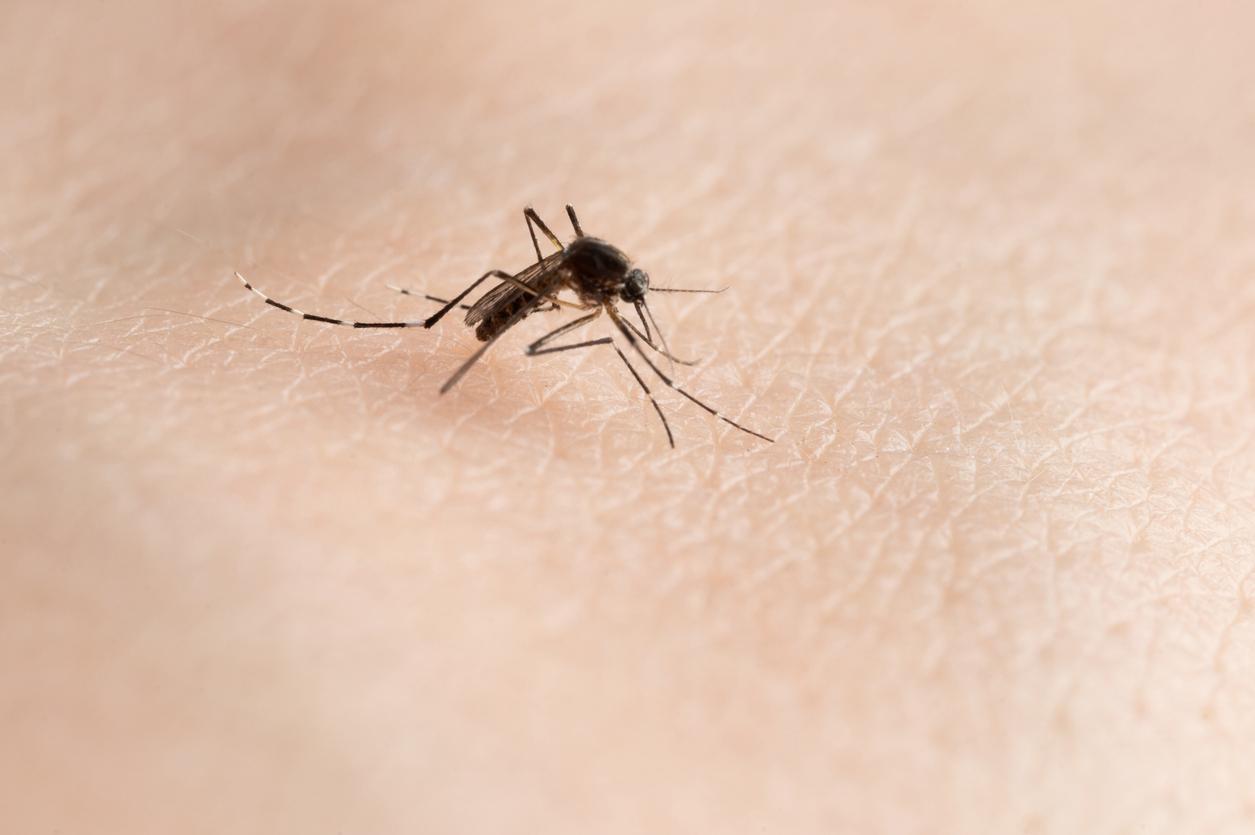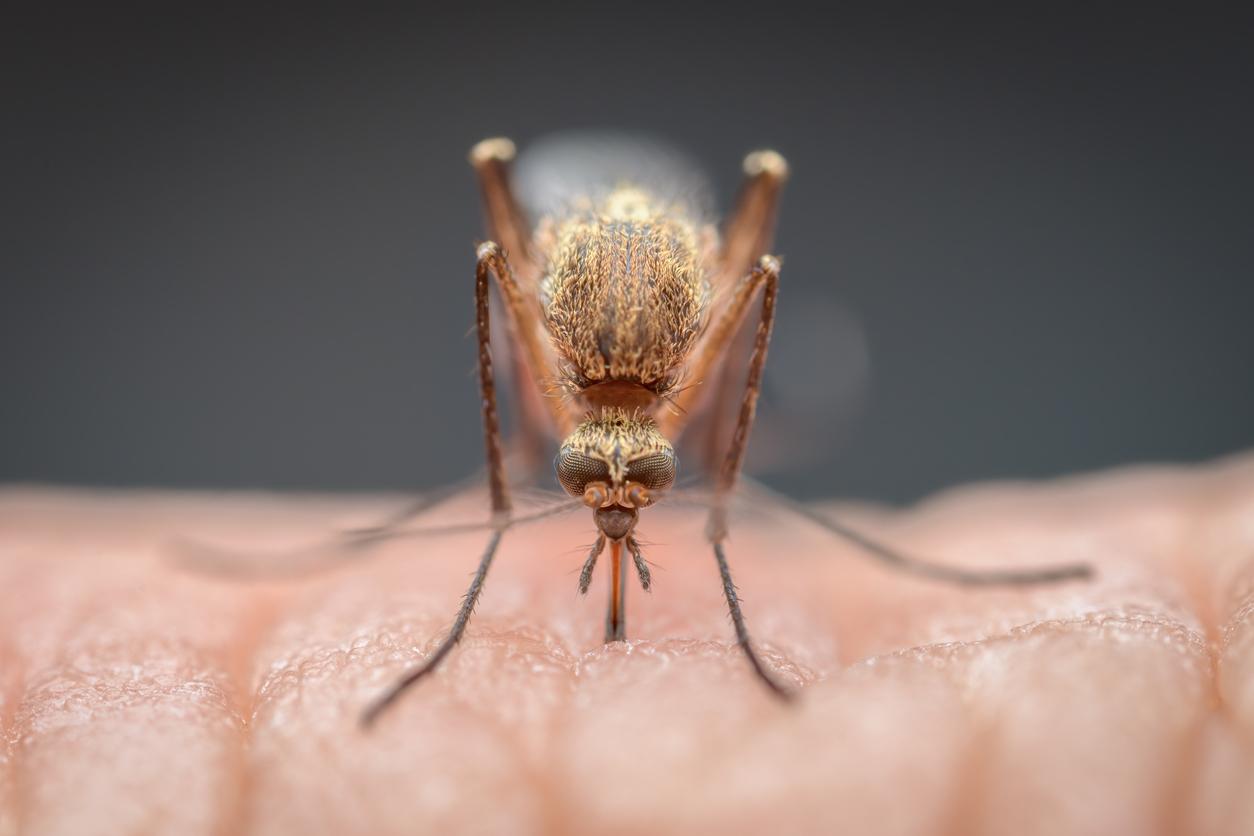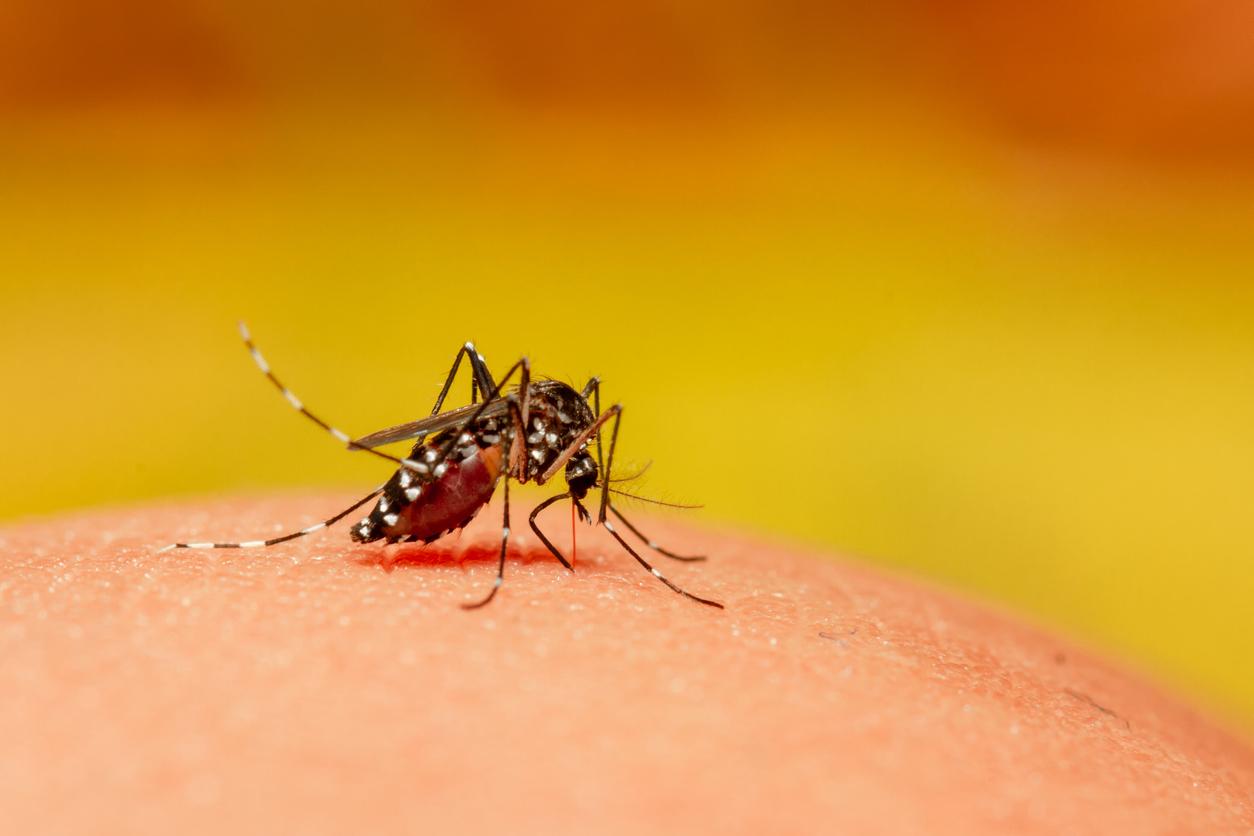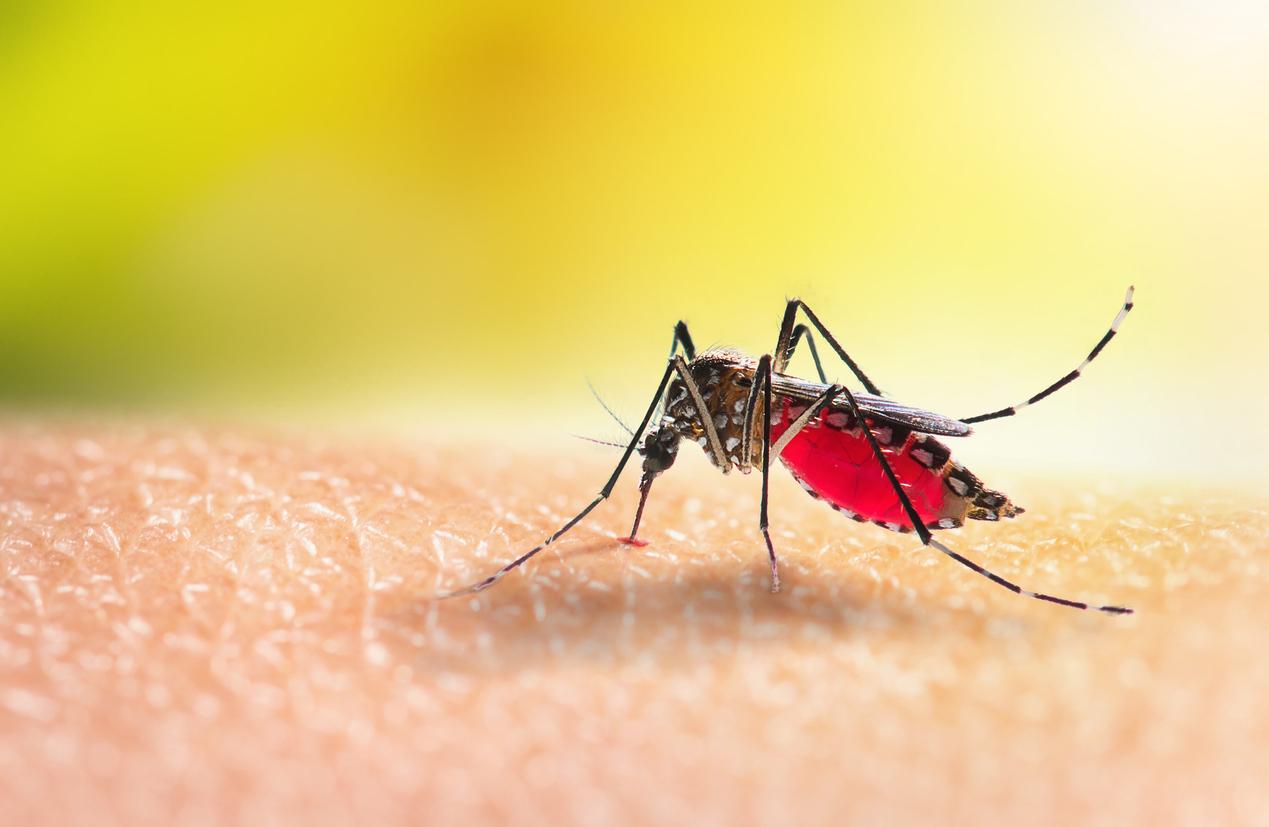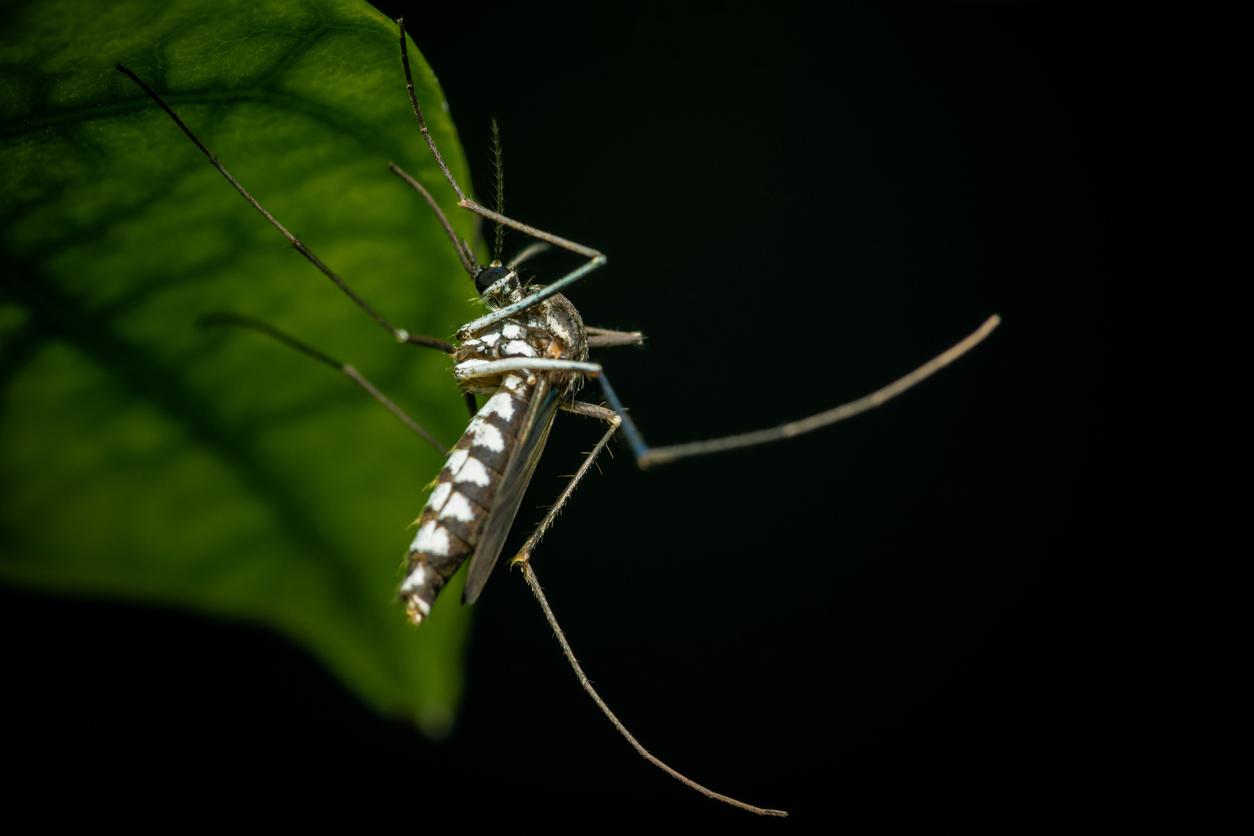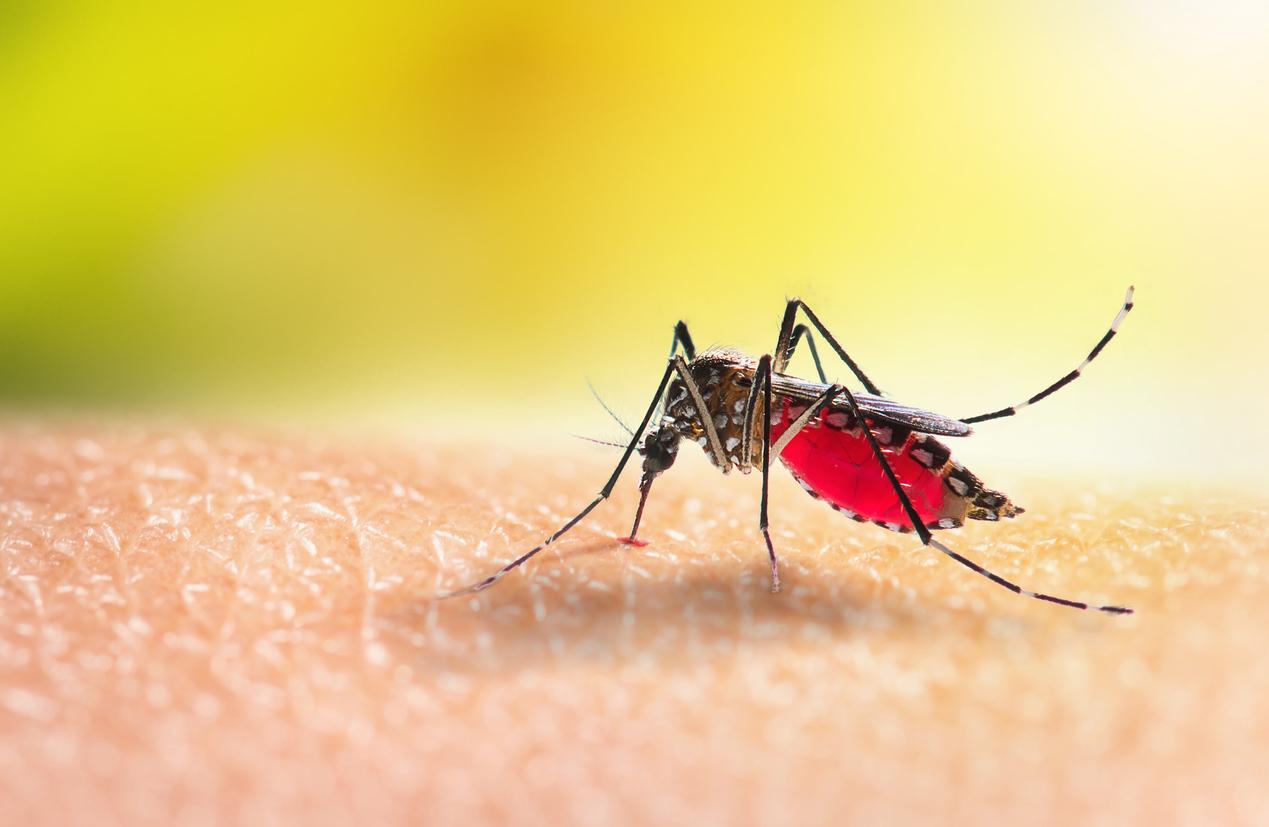A man has died five years after contracting eastern equine encephalitis following a bite from an infected mosquito.
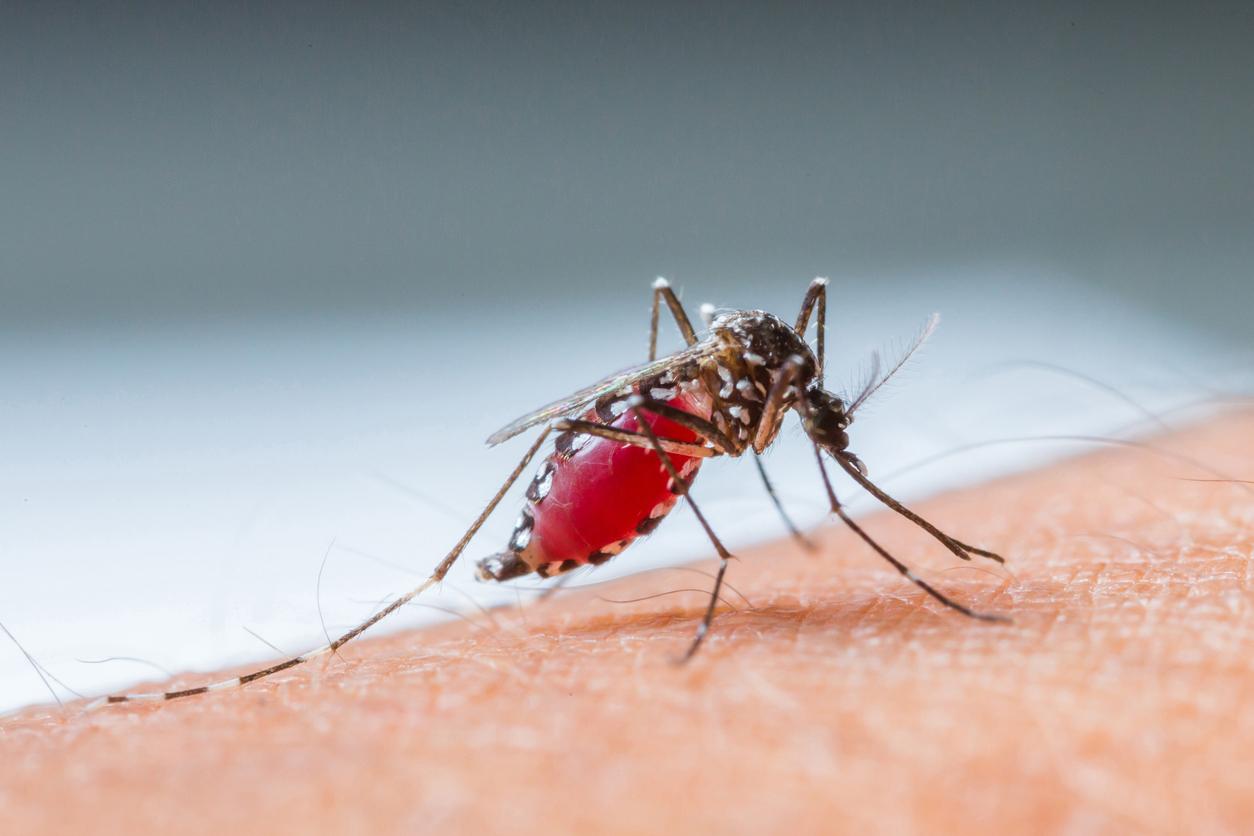
- An American man began showing symptoms after being bitten by a mosquito while gardening.
- He contracted a rare disease called Eastern Equine Encephalitis.
- He died from complications of the disease 5 years after the bite.
Richard Pawulski, 49, died of complications from eastern equine encephalitis, a viral disease spread by infected mosquitoes. Those close to him confided in his story in the New York Post.
Symptoms appearing very quickly after the bite
The forty-year-old was stung in his garden in Connecticut in August 2019 while he was clearing it. He started experiencing severe headaches and vomiting bile, just a day after noticing the bug spot. Taken to hospital, tests revealed that he was suffering from acute brain swelling. Emergency surgery, the patient fell into a coma. His family was preparing to accept the shutdown of the machines that were keeping him alive when he miraculously woke up.
Doctors did not immediately understand the origin of his condition. But after other cases of Eastern Equine Encephalitis (EEE) were discovered in the area, they realized he had been a victim of the virus. The disease, which is characterized by headaches, convulsions, vomiting or even encephalitis, is fatal in 30% of cases.
“I’m not kidding when I say your life can change in the blink of an eye”entrusted his 18-year-old daughter Amellia Pawulski to the New York Post. “That’s what happened to us.”

Eastern equine encephalitis: sporadic but serious cases
Although Richard regained consciousness two months after his operation, his state of health was not reassuring. He spent the next 5 years between hospitals and treatment centers due to developing brain damage as well as complications affecting his liver and kidneys and several pneumonias. His cognitive abilities were greatly affected by the disease. Some days he didn’t know the date or where he was.
He ultimately succumbed to methicillin-resistant Staphylococcus aureus. This infection proved too difficult to treat due to kidney and liver complications resulting from EEE.
Dr Roy Gulick, an infectious disease specialist interviewed by the American newspaper, recalled that Eastern equine encephalitis remains a rare disease, recording less than 10 confirmed cases in the USA this year. “It’s usually sporadic and the reason isn’t clear. One year we see more than another.”explains the expert.
He also recommends continuing to follow the recommendations to avoid bites. “Typically, the peak infections are in August and September, and then it takes several days of freezing temperatures to completely kill the mosquitoes. So even though we’ve just started fall and the temperatures are dropping, people are still at risk of mosquito bites.”










